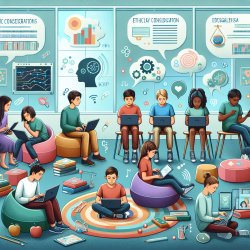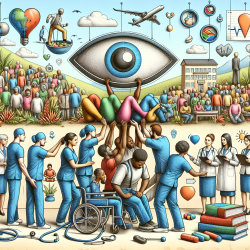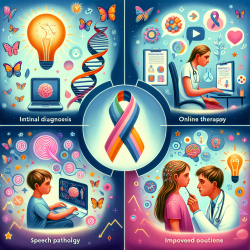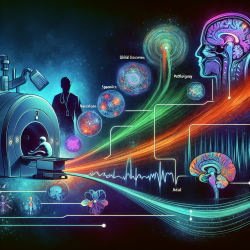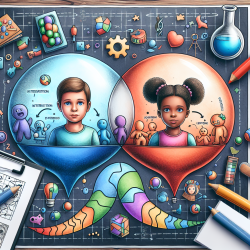Introduction
The rapid expansion of artificial intelligence (AI) in today's world necessitates the integration of AI education at the K-12 level. A recent exploratory study titled "Integrating Ethics and Career Futures with Technical Learning to Promote AI Literacy for Middle School Students" highlights the importance of incorporating ethics and career futures into AI education. This approach not only enhances AI literacy but also prepares students for future careers in an AI-driven world.
Understanding AI Literacy
The study identifies three core domains essential for AI literacy: technical concepts, ethical and societal implications, and career futures. By engaging students in these domains, educators can foster a comprehensive understanding of AI as a sociotechnical system. This holistic approach ensures that students are not only technically proficient but also aware of the broader implications of AI technologies.
Key Findings and Implications
The study's findings reveal that middle school students can develop a general understanding of AI concepts such as supervised learning and logic systems. More importantly, students demonstrated the ability to identify bias in AI systems and consider the socio-political implications of AI in their future careers. Nearly half of the students recognized AI as a subject with personal, career, and societal implications, suggesting that integrating ethics and career futures into AI education is effective and age-appropriate.
Practical Applications for Practitioners
Practitioners, particularly those in speech language pathology and online therapy services, can leverage these findings to enhance their educational practices. By incorporating ethical considerations and career discussions into AI-related curricula, practitioners can better prepare students for the challenges and opportunities presented by AI. This approach aligns with data-driven decision-making, ensuring that educational strategies are informed by empirical evidence.
Encouraging Further Research
While the study provides valuable insights, it also highlights the need for further research into the long-term effects of AI literacy education. Practitioners are encouraged to explore additional studies and contribute to the growing body of knowledge on AI education. By doing so, they can refine their practices and continue to create positive outcomes for students.
Conclusion
The integration of ethics and career futures into AI education is a promising approach to developing AI literacy among middle school students. Practitioners in speech language pathology and online therapy services can apply these insights to improve their educational practices and better prepare students for an AI-driven future.
To read the original research paper, please follow this link: Integrating Ethics and Career Futures with Technical Learning to Promote AI Literacy for Middle School Students: An Exploratory Study.
